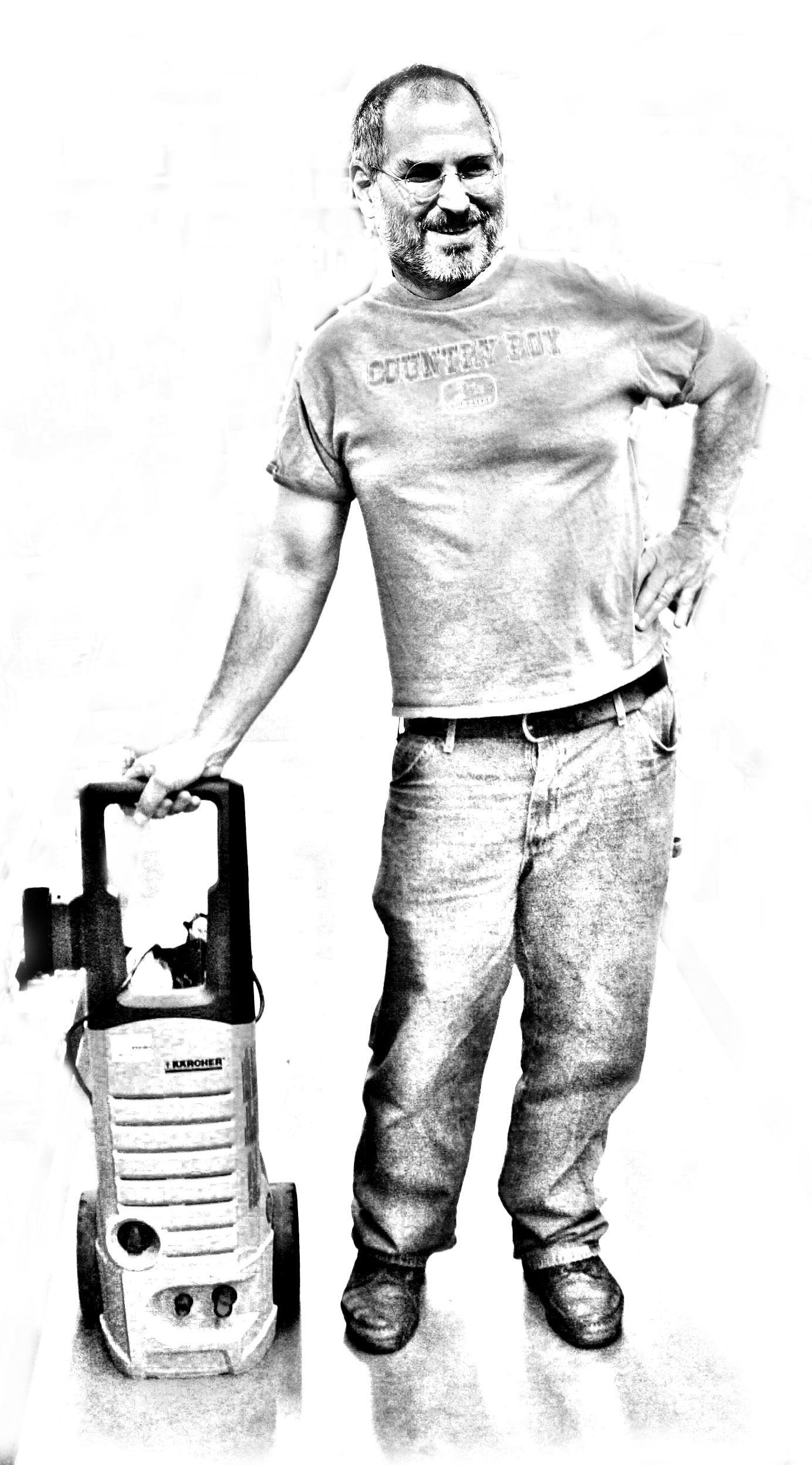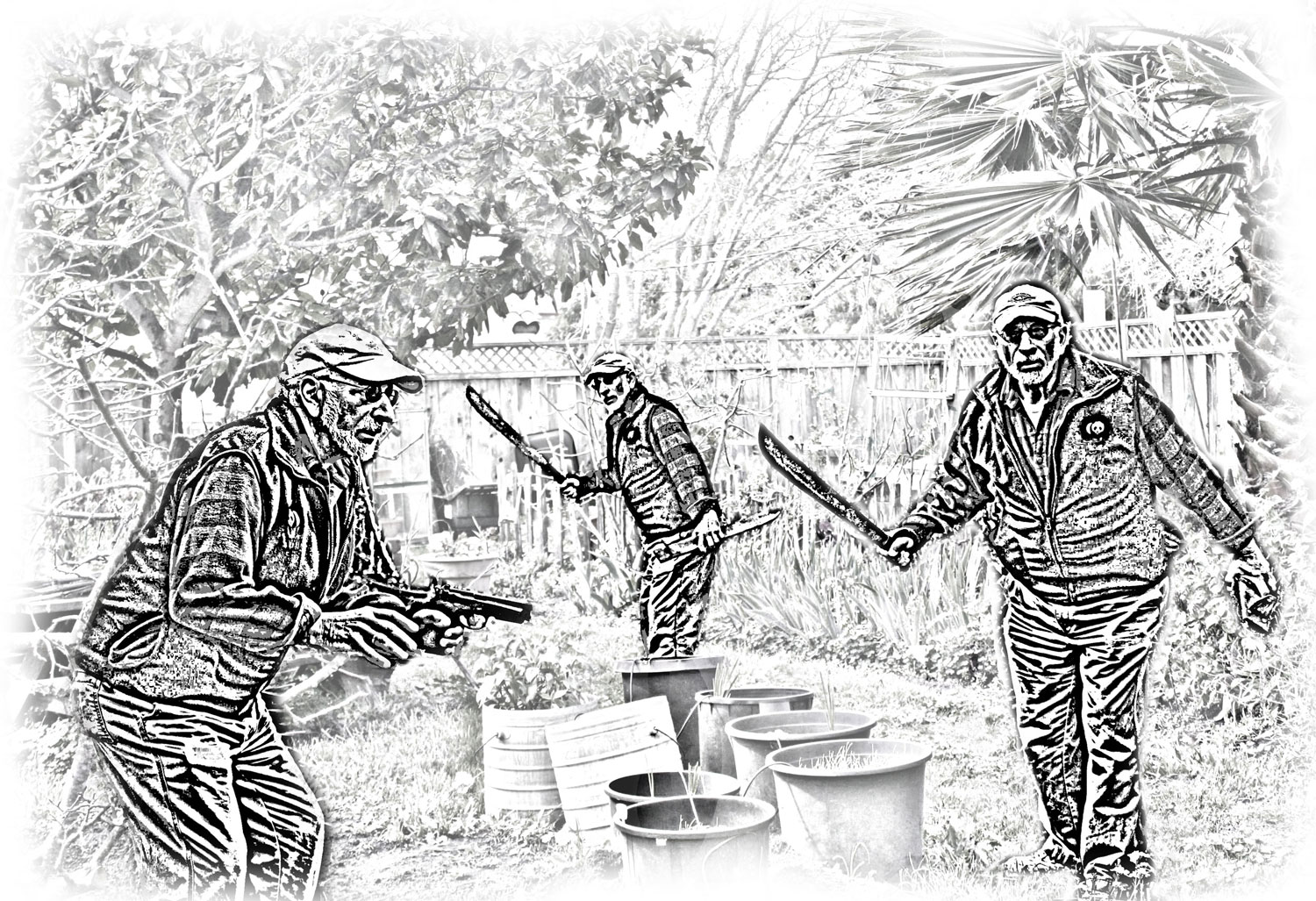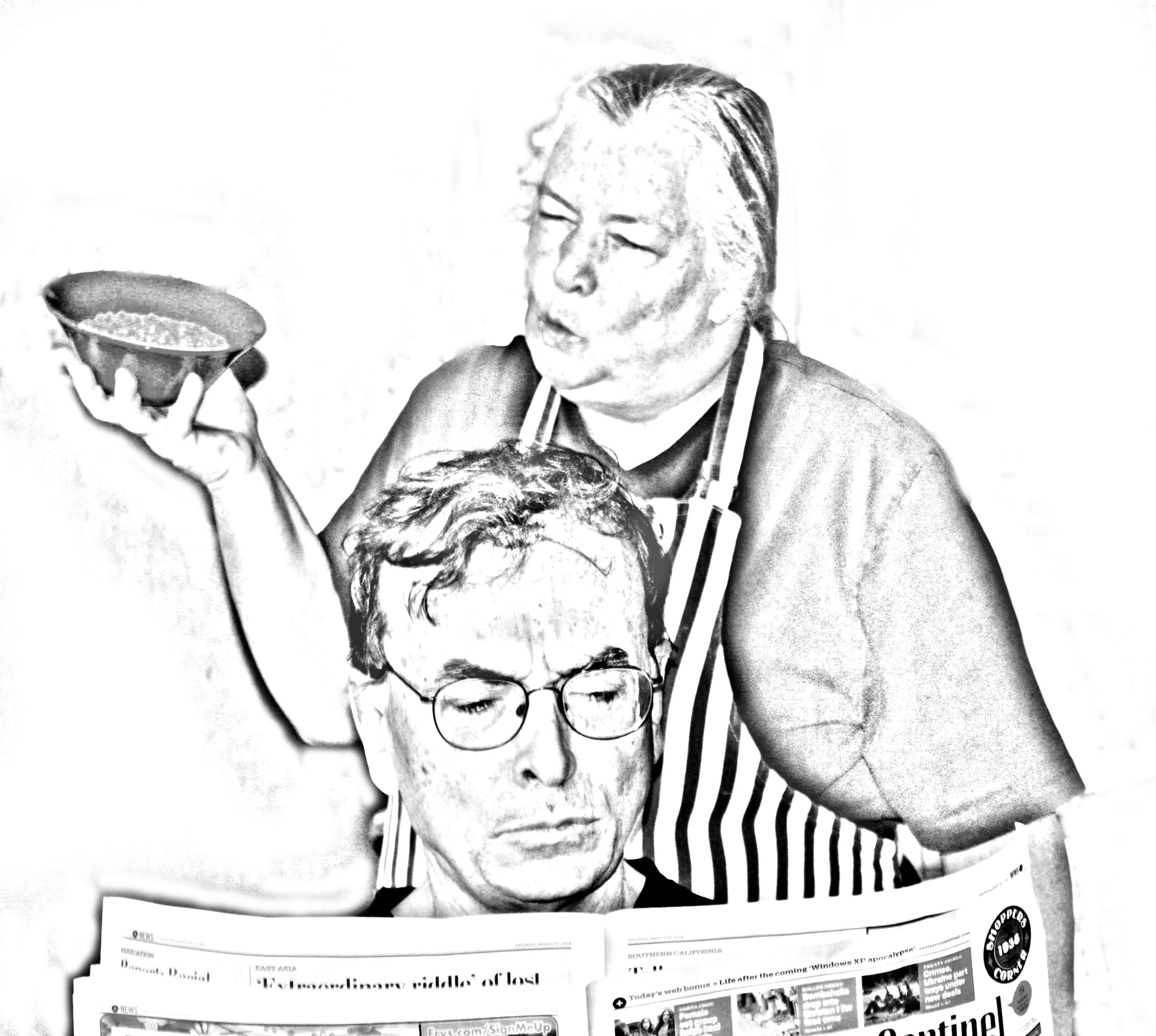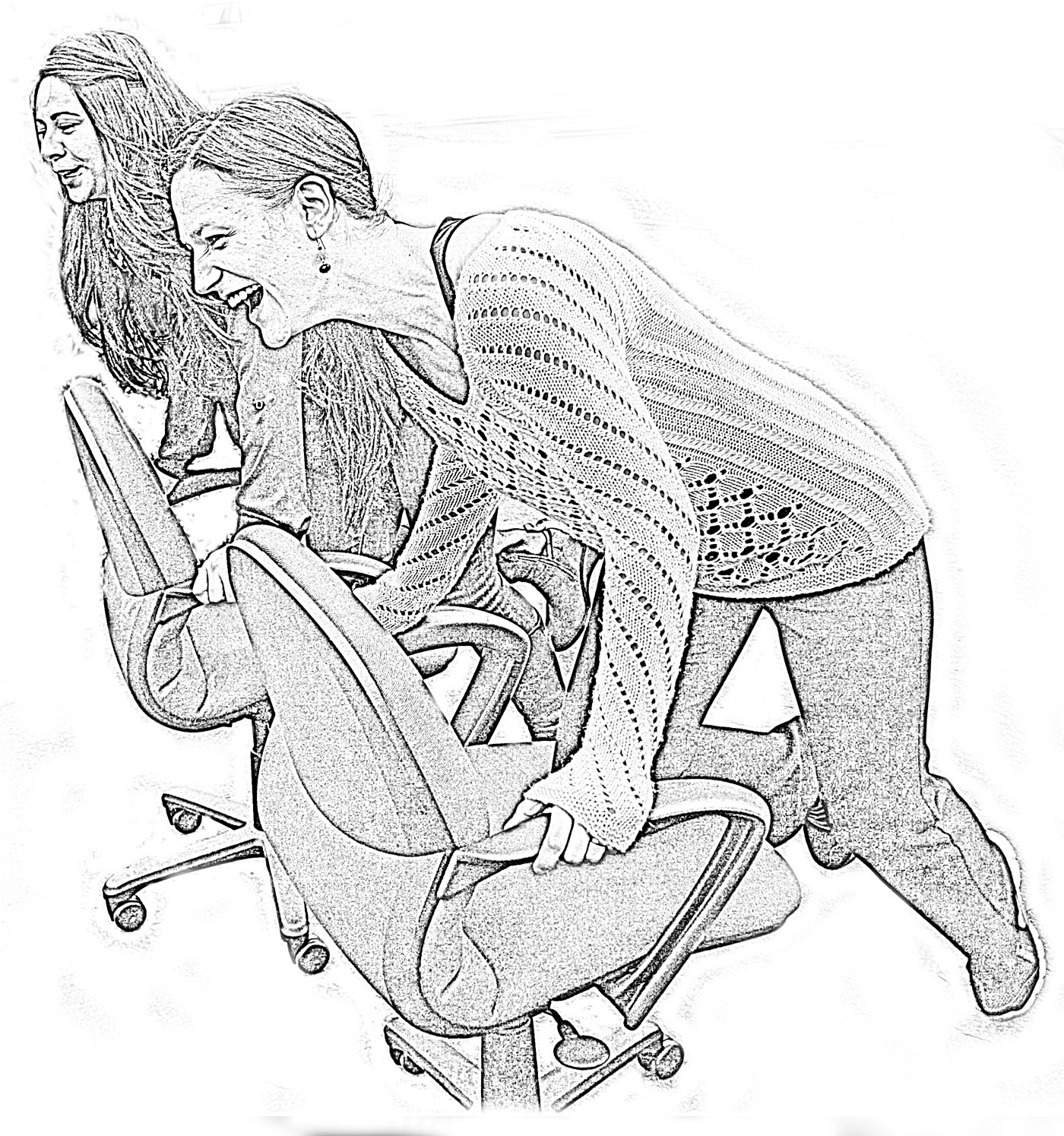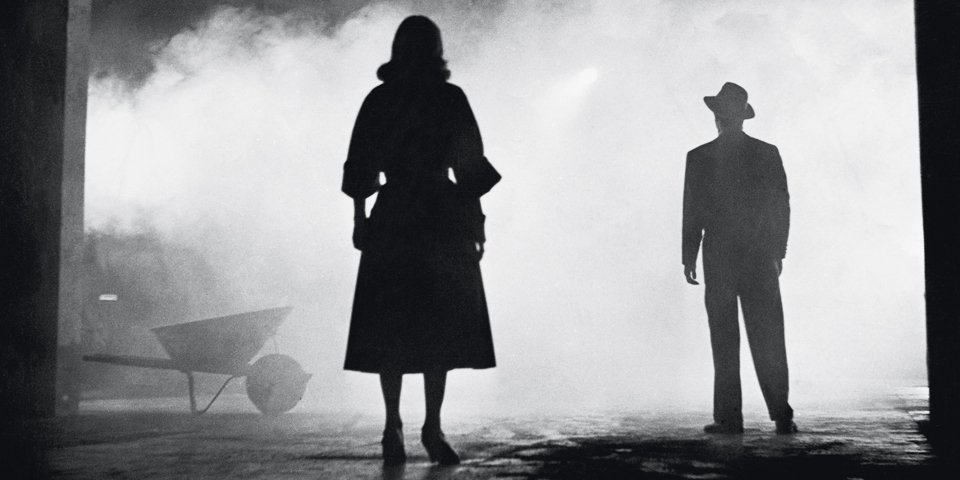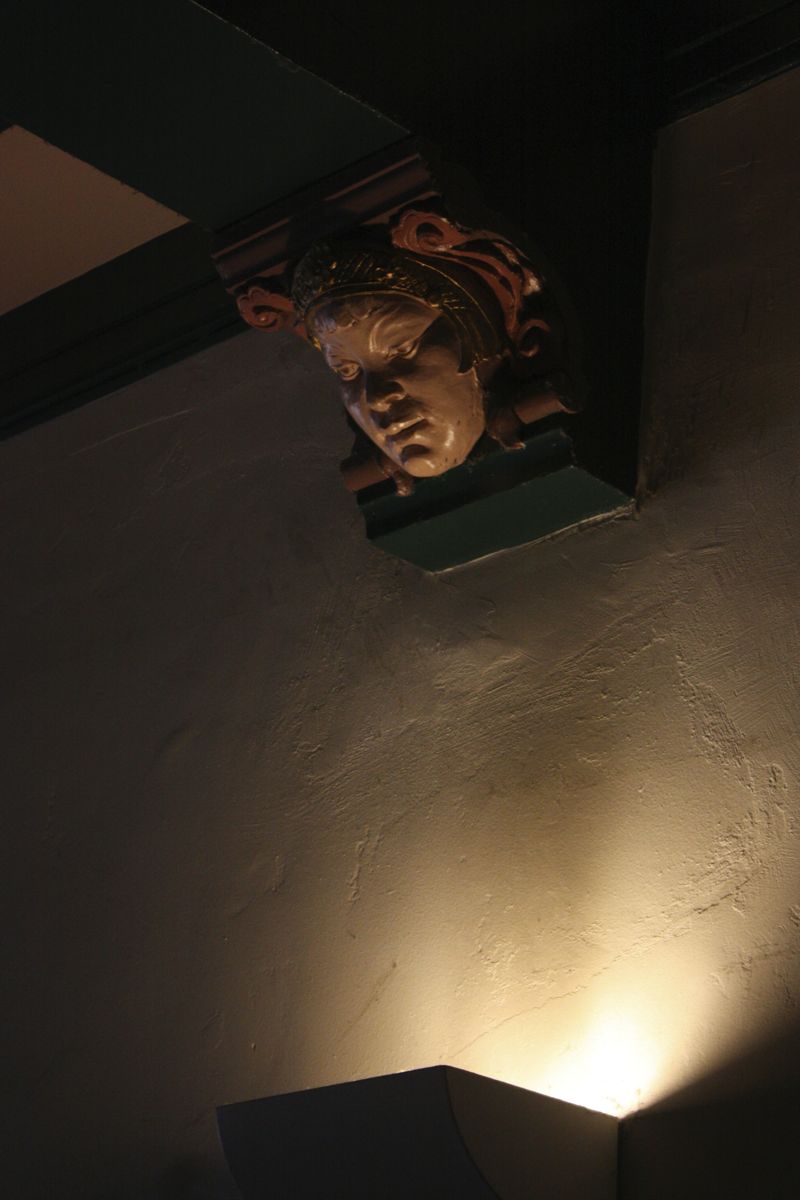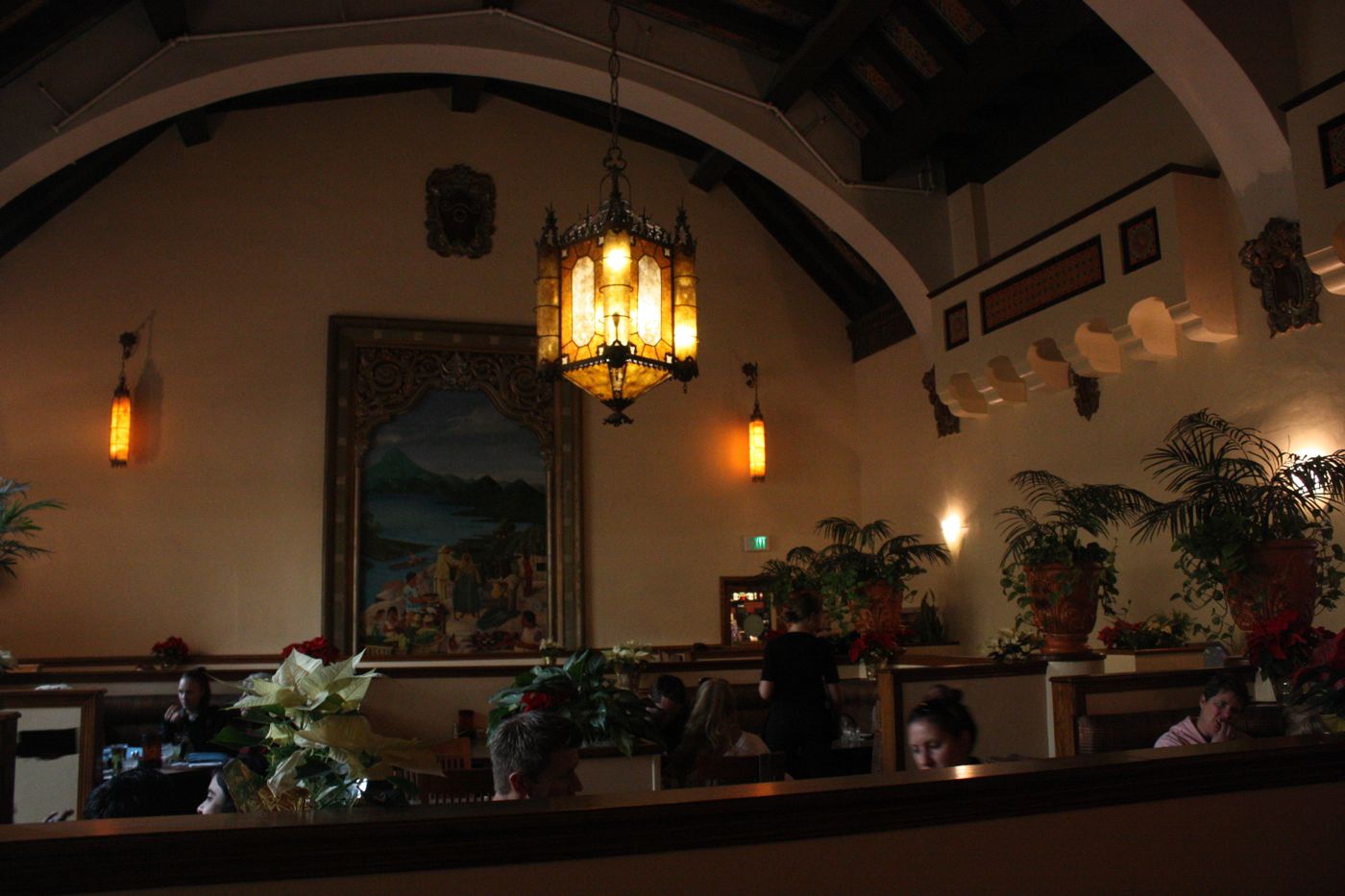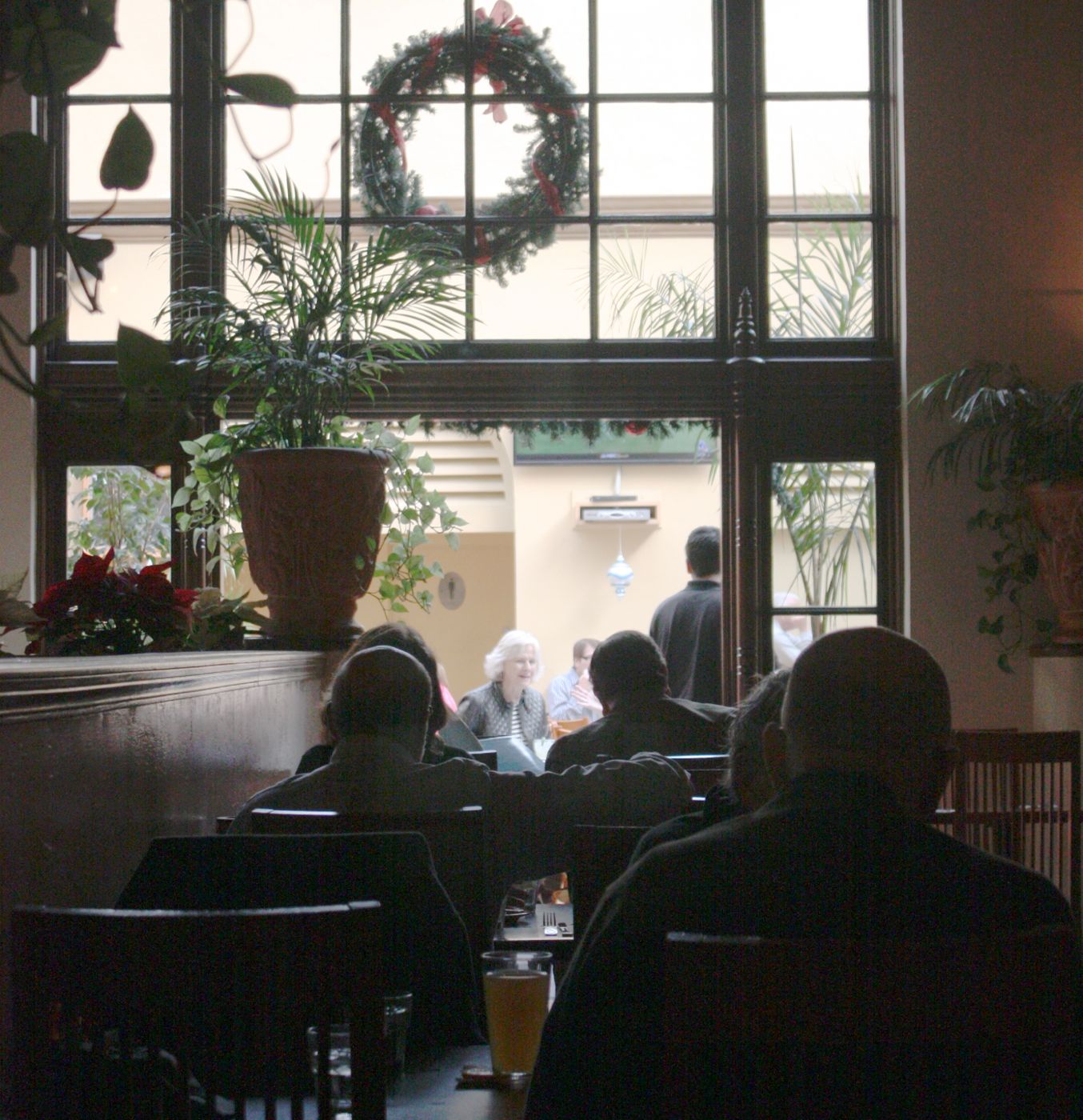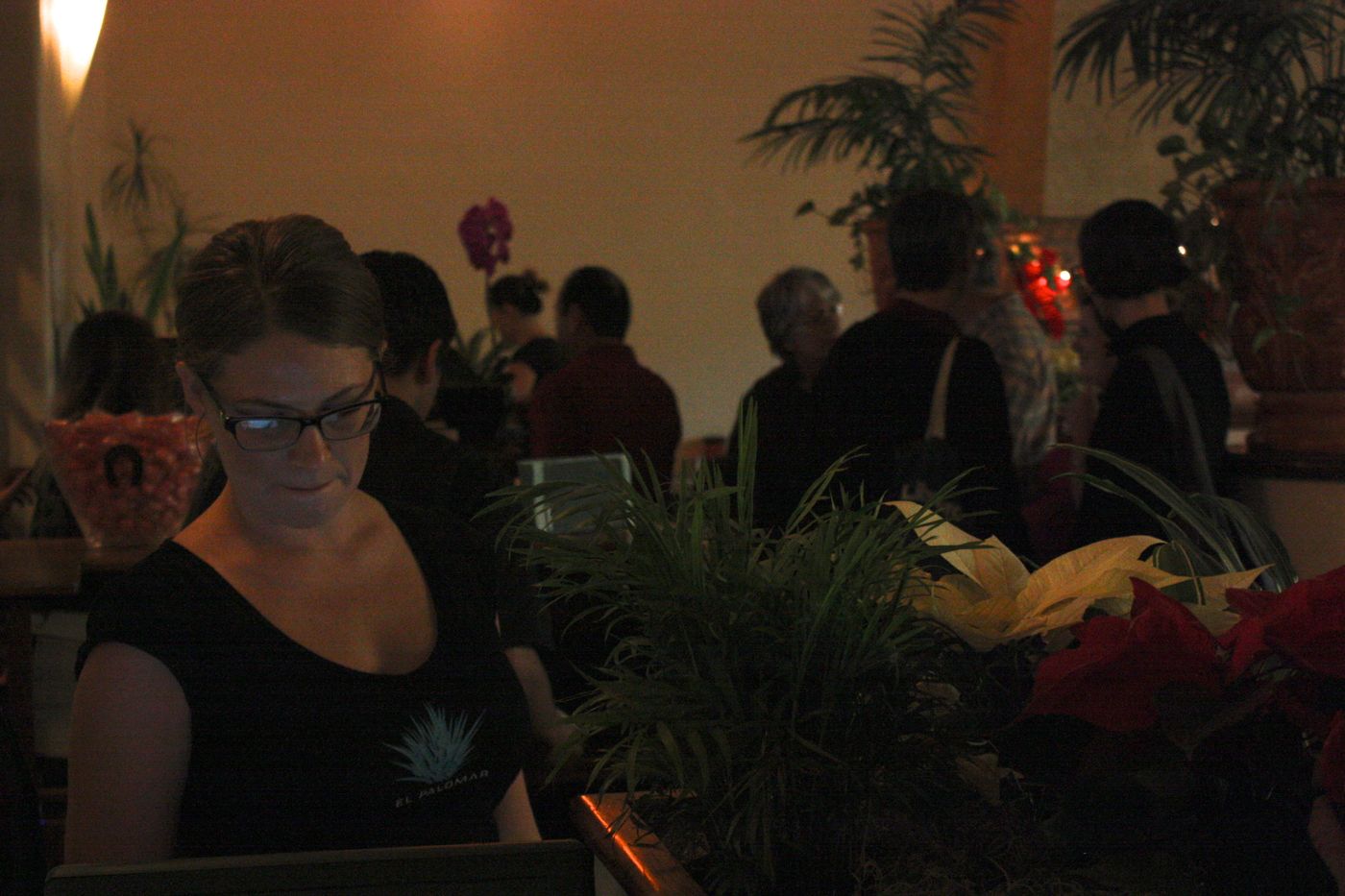I have a confession to make: for years I have told readers that I work for a hard-charging and stress-making marketing organization. And this was true. But what is also true is that I worked for a university: in its fundraising arm. The point is that sales is sales, whether the product is a vacation condo in Tahoe or the warm, fuzzy feeling that you get from donating to a good cause. The principles are the same, and so are the tactics and techniques.
And now that I’ve left that job, I am posting an article here that I previously posted elsewhere under another name. My employers might not have liked it. Some of you have read it. Now the rest of you can. Also, new haiku over at my Police Blotter Haiku blog. Enjoy.
By strange ways, my wife and I found ourselves at the dedication ceremony for a unique piece of public art. Amidst a varied group of spectators, we admired an abstract sculpture made entirely of plastic bottle caps. You can give it a good spin and watch it revolve, if you’re gentle with it.
Lest you grumble about how your tax dollars are spent, let me assure you: none of them were. That was the point. There were no tax dollars left to spend. That’s how you get, in America these days, sculptures made of plastic bottle caps in the public parks. Made by school children, at that.
And what kind of park does this sculpture sit in? A new one: landscaped with dead grass and bare gray dirt. Here and there you will find park benches that were made from old cargo pallets, and look it. You will find a dirt trail or two, cut through the sod, and a corral for dogs to run in. You will even find a bicycle obstacle course made of piles of dirt.
What you will not find are paved trails, flowers and plantings, trash cans (not that I could find), sports fields, graded land, park employees, or much parking. This is what happens when the money runs out. And people still want a park.
We were in Live Oak, which is not quite a city but resembles one from a distance, like a mirage. The county has jurisdiction over what was once a semi-rural neighborhood of scattered housing tracts, truck farms, begonia nurseries, trailer parks, and old houses landscaped with derelict cars.
But Live Oak changed; new homes replaced the large lots and nurseries; the derelict cars were sold on craigslist. And the county put in storm drains and sidewalks, widened roads, and even built a park or six. They were trying for seven when the money ran out. An impoverished state government shut off their revenue stream forever.
So the county had the land, but no money left to improve it. The land might have been sold off; but then the park’s neighbors, organized by one of those tireless women who are the heroes of neighborhood action groups everywhere, offered to step in and take charge of it themselves.
So they did. This day’s dedication ceremony was the kick-off of a community work session; the neighbors would soon be spreading wood chips and gravel and hacking and chopping at a variety of organic and inorganic substances.
But before the work began, John Leopold, the county supervisor for this district, got up to address the crowd of neighbors. He lauded their initiative. He praised the tireless woman who’d brought them together.
Looking across the stubbly brown landscape, he said, “Maybe this is the way things are supposed to be. I don’t think that the manicured park we’d planned here would have been as true to the spirit of the land and the history of Live Oak as what you’re doing here.”
And he smiled, and we smiled back, because such shameless political bullshit has to be admired. If the money hadn’t run out, we’d all be sitting on soft, green grass that somebody else had watered and mowed.
And then all the neighbors fell to spreading wood chips and other sundry tasks. Even the county supervisor did a good long shift with a shovel and a pile of wood chips. And there was a buffet of packaged food, and activities for the kiddies. Which is where my wife and I came in. Through a mutual acquaintance, Tireless Hero Mom had recruited my wife to provide a children’s activity while the physical labor was done. The children would wrap trees in long, long strips of varicolored knitting.
The kiddies took to the task with all due zest, and soon children and trees and yarn were one large cat’s cradle. Delighted mothers with smart phones snapped many pictures.
And there was talk of the non-profit organization that the neighbors would found to support the park, and how it would solicit donations to pay for what the park needed. You have to admire a group of everyday folks for taking on something like this. It’s inspiring, and no mistake.
But can they keep it up forever and ever? They have lives to lead and money to make and children to raise, all of them, especially Hero Mom. It’s hard to have a life these days and throw yourself into a major volunteer project that’ll last – honestly, all your life.
This sort of job is what government should do: focus the collective wealth of a nation on the well-being of its citizens. And keep the parks running year after year, decade after decade as part of the public good, not as the personal choice of a few heroes. If I’ve learned anything, I’ve learned that any system that needs heroic intervention to get its job done well, is broken.
Well-dressed people on television dispute this; they say that government has no right to take money from some for the good of all. They tend to be the good friends of billionaires, though they will not say so.
Against them, balance the well-intentioned park neighbors are addressing the public good with no resources but their own sweat and time, used pallet wood, plastic bottle caps, a few piles of wood chips and gravel from the county, and a dream of the money that might be begged from kind strangers. While the very wealthy dodge taxes and become richer. I think of all this, and I get sad.
I should tell you what I do for a living.
Online I often represent myself as an employee of a sales and marketing organization. This is completely true – but misleading. Strictly speaking, I work in the fundraising, or “development”, department of a large public university. It will remain nameless. Anyone who knows where I live will guess its identity. But why poke the bear?
University or non-profit fund-raising resembles any sales campaign anywhere; but there are differences. For one, universities historically sell intangible products. For your money to a scholarship or academic program, you receive satisfaction; a sense of self-worth; the warm glow of helping others who you identify with.
And then there is the ego-stroking, especially for big donors. A big donation that gets your name over the door of a new laboratory? And invitations to intimate dinners with the university president? That’s not just about altruism. Most big donors expect to be catered to; and they are. Because though they represent fewer than ten percent of all donors, they also represent over eighty percent of donations.
Development, as opposed to sales, has its own lingo. We have development officers, not salesmen. When it comes time to get serious the DOs make the “ask,” not the pitch. They do not approach customers, but cultivate “constituents.” And then there is the campaign: in development, a campaign is a pre-planned multi-year program to not only raise a boat-load of money for selected projects, but to polish the university’s image and ramp up annual contributions to a new, higher level.
Fifteen years ago, fundraising wasn’t central to our university’s well-being. But fifteen years ago, the state footed most of the bill.
And almost every year for fifteen years, our state cut university funding. Other states did, too. So tuition had to shoot through the roof. Classes had to be dropped; whole programs and degrees, too, and academic and support staff. Students struggle to pay their tuition or get all the classes they need. Some fail. Funding has improved a bit lately, but not much. And tuition remains too high. We the university are not what we once were.
There’s not enough money to keep all the promises government has made to its citizens; this has been coming for 30 years, since the era of St. Reagan and before. The politicians tell us that raising taxes is bad, but cutting taxes is good. Letting the wealthy keep all their money is good for us all – in some unexplained way.
And so the schools fundraise to plug what gaps they can. You would be amazed at what my department does to raise cash and how many months and years of effort we’ll put in for one big gift. We get paid – unlike Hero Mom – but it’s a near-heroic journey into unknown worlds of fund-raising. We work our butts off to help the school get what the state can no longer give it. We’ll try anything once. And if it works once – again and again and again.
Data from dozens of sources flows into our computers, which slice and dice it all into into lists: lists of donors; lists of donors by estimated giving capacity; prospective parent donors; donors by estimated assets, by calculated propensity to give annual gifts or major gifts or even to remember us in their will.
Keen-eyed development officers follow the hottest leads wherever the data takes them; to the seaside estates of the wealthy, to the high hills of San Francisco, to Silicon Valley watering holes, to Tinseltown, to the neo-colonial halls of DC and Boston, and increasingly even to Wall Street itself.
Our servers erupt daily with e-mail “blasts” to smaller donors, non-donors who might become small donors, steady donors who might become large donors. We even solicit students for small gifts, to inculcate in them “the habit of giving.”
Our phone banks operate most of the year, manned by likable students who’ll call you around dinner hour to discuss the glories of dear old University and solicit, if you would be so kind, a $200 donation. No? What about $150? $100? They’ll take $25 if that’s all they can get because if you give once – you might give again.
Should a public university do this? Yes – if it want to survive. The administration is bluntly honest on the matter: as government support diminishes, we must find our money where we can, and accept the priorities of those who give it to us. This involves chasing donors across the landscape, sure, but also making ourselves valuable to corporations and other powerful folk with money to give us.
Our liberal arts programs and social science research may not get a lot of government or corporate grants, but our burgeoning computer science and biotechnology departments certainly do. And these days, they’re what we chiefly publicize.
And as the needs of society accumulate – but money does not – every small non-profit group around here is emulating us. Everyone’s starting their own tiny campaigns. Talk of “asks” and development and planned giving floats through conversations at churches, volunteer organizations, social service providers, community centers, even neighborhood groups like the folks who are building their own park.
Call it a Bake Sale for Civilization. The rich get to keep all their money now. So we have to hold things together without them.
Only, we can’t. If you’ve ever given a dime to charity, you’re now under bombardment from multiple worthy organizations asking you to give, give give. And more of them every day, trying harder and harder.
I am no development officer, though I work with them daily. But I keep my ear to the ground; and in spite all our furious blasting and asking and prospecting, I’m hearing concern, in low tones, that we might be over-grazing our donor base. Is donor fatigue setting in? Have we asked too much, too often, from too many? Nobody knows. But some worry.
And they ought to. You can’t run a civilization on donations alone; society’s spare change can only do so much. The mass of us are not growing richer; eventually the coin jar by the door will empty completely.
Of course the rich can give, and do. And we ask them more and more often. And why not? To many of them, a million dollar donation hurts far less than a thousand-dollar donation would hurt to you.
But he who pays the piper, picks the tune. Gifts from the wealthy and grants from corporations reflect their own values and self-interest, not those that are necessarily best for the nation, or most acutely needed.
Our superstar donors, the ones that the president hob-knobs with, include real estate speculators; hedge fund and private equity managers; venture capitalists; and topflight attorneys who defend corporations in court against other companies, the government, and even you.
In the world as it is today, these are the people with money. Do you want them setting the agenda for higher education? Because increasingly, they do. As individuals yes; and also as corporations who throw grant money at the departments they like and the research that they think will make them money, down the road. They’ve always done this; but now we really need their money badly. And they know it.
My knee-jerk reaction to life is pessimistic. It’s an emotional predisposition, if supported by the facts more often than not. Yet it may well be that Hero Mom and her crew will whip that park into shape, plant organic gardens, build facilities for kids and grown-ups alike and found a non-profit which maintains their patch of common ground both well and eternally. I really hope they do it. I should have faith in them.
But the odds against are tall. Even if they succeed with their park, there are not enough heroes to go around for all the other things that need doing, and that government should be doing. Most people struggle just to make it through the week and keep the wolf from the door. And every week, some of them fail.
This can’t go on. One way or another, it won’t. Either America collapses into a third-world country of widespread poverty and small islands of affluence, or the people come to understand what’s happening to them and take back the governance of the nation. Either way, it’s going to be rough.
I have intelligent older friends who know all this – but can’t bear to dwell on it. They’re comfortable as they are with their pensions and investments and home equity, and just want things to hold together until they die.
And when the little envelopes from the charities arrive, they stuff them with small checks and send them back and hope it’s enough.
It’s not. And it’s never going to be again.

